Photography is good for you!- David Charles Mason
Photography is good for you. That’s a bold statement, but one that I make from personal experience.
Before teaching photography, I worked in the corporate sector for a well-known communications company. I was there for years, working my way up until I achieved the giddy heights of being Head of my own team of industry experts. Sounds great doesn’t it. It wasn’t. I was constantly on the go, my mind reeling with the days problems as the critical monkey inside my head refused to stop chattering away.
Photography gave me a brief escape. When travelling backwards and forwards across London, from one meeting to another, I always had camera. I would take a few minutes to check out, look around me, and photograph aspects of the city. That small moment of photography was engaging a different part of my brain, and it enabled me to put that irritating monkey to one side.
It kept me going until meetings in London became meetings in Ipswich. Photography and driving on the A12 aren’t a good mix.
To cut a long story short, I quit and ended up teaching photography. Do I teach photography as therapy? No, I’m not a therapist, I’m a photographer, but from personal experience, I know that photography can be therapeutic. The use of visual art has long been understood to have positive effects on both physical and psychological health. I believe photography is an artistic activity, and when used as a form of self-expression, it can, like other artistic activity, contribute to a person’s overall sense of wellbeing.
However, just because it’s good for me, does it follow that it could be good for you? I would say, yes. Here are some reasons why.
Photography can be a mindful practice.
What does “mindfulness” mean in relation to photography? Well to start with, let’s substitute “mindfulness” for any of the following: awareness, observation, consciousness, or consideration. It’s shorthand for paying attention to the here and now without being side tracked.
It encourages a change from a “stuff to be done” frame of mind, i.e. Focusing on future goals and being super productive (my default state in my previous career) to a “being” frame of mind, becoming fully aware of your surroundings, and that moment. In doing so, you are able to tap into a more creative, non-self-judgemental mind-set, which in turn encourages a state of creativity and reduced stress.
Photography is about placing a frame around a moment in time, it happens now, we can’t photograph the past or the future, and so it’s an excellent way to practice mindfulness.
For example, rather than just pressing the shutter button for a pretty scene, look at how the light illuminates certain objects but throws others in to shadow. Observe how light and shadow emphasise texture. Watch and anticipate clouds as they pass in front of the sun. Are they illuminated from behind, is the sun totally obscured, or do rays break through casting shapes on the landscape below?
2. It can encourage self-care.
A joint study in 2019 by the Universities of Lancaster and Sheffield asked participants to take a daily picture and share them online with the research team and their peers. The participants interviewed during and after the study reported an unexpected improvement in their overall wellbeing. Feedback ranged from participants having structure to their day, developing curiosity about the world around them, and it encouraging them to get out of the house.
The act of photography also triggered other activities, such as socialising, and exercise. The report concluded, “The practice had multifaceted benefits for improving well-being.”
3. It can help in reducing stress
A study of 2016, Reduction of Cortisol Levels and Participants' Responses Following Art Making, found that the act of creating art significantly reduced cortisol, the bodies stress hormone.
Cortisol, in of itself is not bad for you, it’s part of the body’s natural fight or flight reflex. However, when someone is under constant stress, it can lead to an extended period of elevated cortisol hormone. Over time, a cortisol imbalance can lead to health problems such as headaches, anxiety, depression, and heart disease.
4. Photography exercises the brain.
Research by Professor Denise C. Park, a neurologist from the University of Texas, indicated that participants in a study involving MRI brain scans, when learning new activities such as digital photography were able to enhance and improve their memory and reasoning skills.
This suggests that there is some underlying truth to the maxim “use it, or lose it”.
So, whatever your camera and it doesn’t have to be the latest, most expensive model, you too can use it to slow down, check out, and enjoy the process of creativity in the moment while contributing to your overall mental health and wellbeing.
- David Charles Mason

